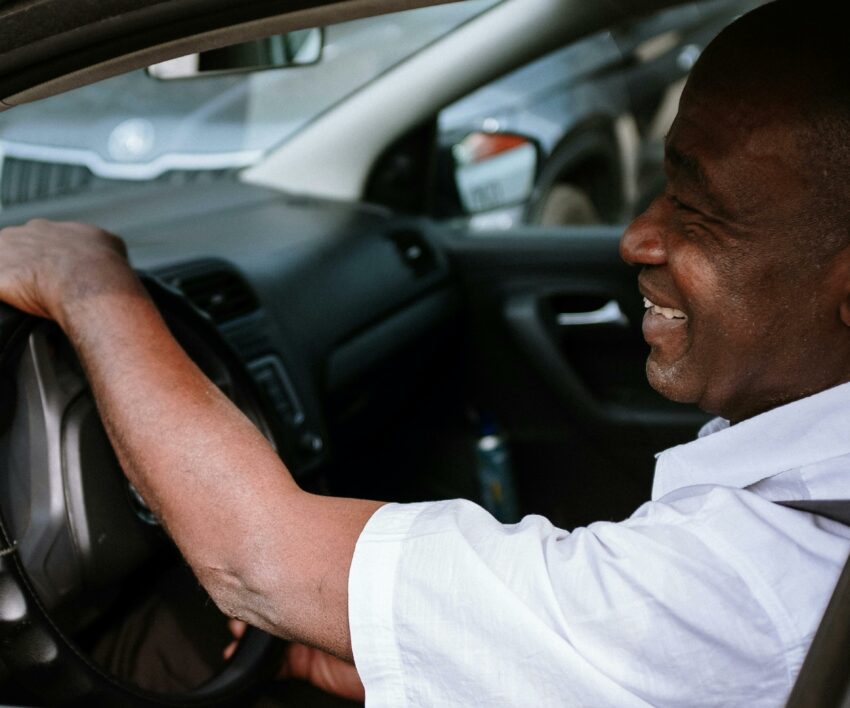
Uber drivers are gearing up to challenge the South African division of the global e-hailing service over its rule that new cars on the platform must be no older than three years. Uber clarified that this requirement applies only to new drivers joining the platform.
The company stated that this guideline aims to enhance safety for both riders and drivers and maintain high-quality vehicles on the platform. The clarification followed criticism about the rule, given that standard hire-purchase agreements for new vehicles typically span five years, raising concerns about the feasibility of paying off a new vehicle within the three-year window.
According to the rule, only vehicles from the 2021 model year or newer will be eligible for all ride types in South Africa, including UberX, UberGo, Uber Comfort, and UberXL. ‘There is no expectation that drivers will replace their vehicle on the Uber platform every three years. It is a requirement for new drivers signing up to the platform for the very first time to have a vehicle that is not older than three years,’ stated Uber South Africa.
“However, that vehicle can operate on our platform for up to eight years, in line with international standards.”
The South African Ride Hailing Association (SARIDEHA), which represents the interests of e-hailing owners and driver partners, rejected the requirement and is consolidating its grievances to present to Uber’s management. SARIDEHA chairperson, Ndabezinhle Khoza, highlighted the difficulties this requirement poses, especially for operators in the luxury Uber Black and Uber Lux segments, which use high-end models like Audi and Mercedes Benz.
“We are still rejecting this requirement because the prices of these cars are very high and the rates that Uber sets are very low. The comfort, safety and efficiency of a 2014 and 2021 luxury cars are the same, especially if it is well maintained. Perhaps in some cases with the smaller models of cars like your Toyotas and VWs it could be understandable but on the main, the requirement makes it more difficult,” said Ndabezinhle.
Ndabezinhle also pointed out that Uber has not formally engaged with various driver representation groups on this matter, exploiting the fragmented nature of associations within the industry.
“It is hard to organise for now. We are still consulting and trying to get together to approach Uber on this requirement but we are too fragmented and they know it. Gauteng is the only province that has a fully fledged forum. We were working on forming a national council,” Ndabezinhle explained.
A Fairwork Project study, led by Oxford University, highlighted the harsh conditions faced by gig workers in South Africa, including e-hailing drivers.
The study found that these workers deal with safety and security concerns, non-unionisation, racism, and xenophobia. Researcher Tobias Stutter noted, “Hoping to avoid these situations, some drivers reject rides to dangerous areas or at certain times of the day. However, with the current cost-of-living crisis taking a toll on their already limited earnings, platform workers are being compelled to take more risks than they would normally do.”
Additionally, Ndabezinhle mentioned there has been no progress or consultation with drivers regarding the implementation of the amended National Land Transport Act (NLTA), which will allow e-hailing drivers to apply for operating licences like other public transport services in the country. The changes to the NLTA, a significant issue for South Africa’s e-hailing services, have been in the works for over 13 years.
Under the new rules, e-hailing apps will no longer need to use charter permits and meter taxi operating licences, but will have a new category of operating licence suited to the technology. The legislation also mandates e-hailing services to prevent illegal operators on their platforms, with penalties of up to R100 000 for non-compliance.
Ndabezinhle stated, “We have not seen anything in that direction, there are no changes,” indicating that e-hailing operators still apply for permits more suited to meter taxis as agreed during the peak of tensions between e-hailing, taxi operators, and other transport operators in 2016.
Compiled by Aiden Dairies
First published by Cape Town etc




